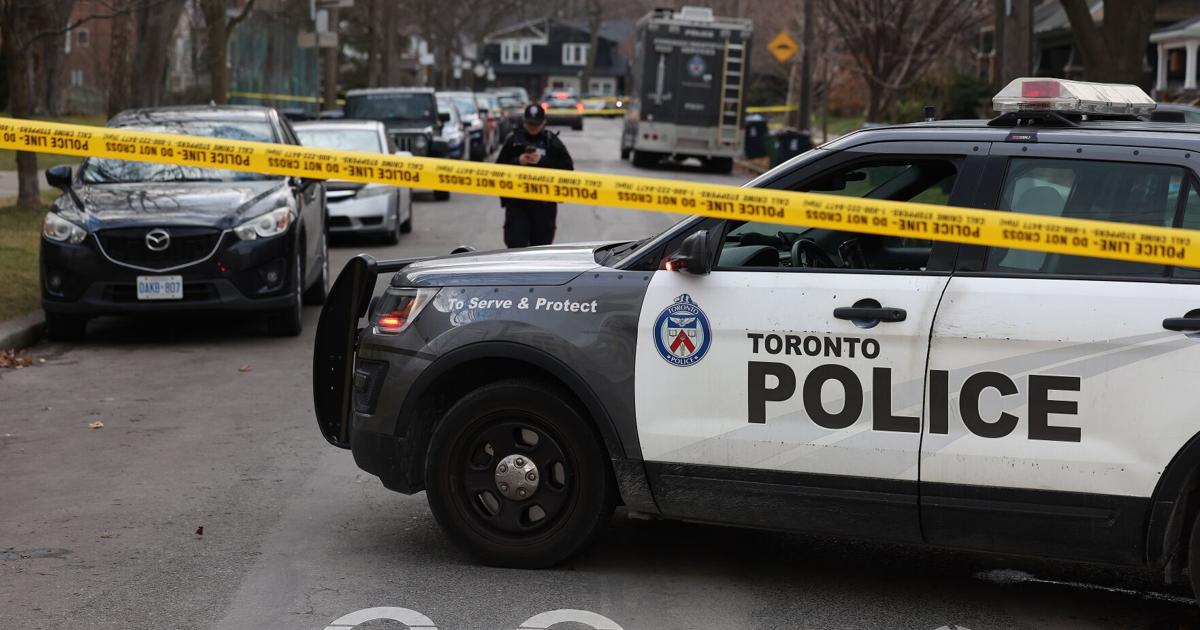Perhaps because many crime issues are actually healthcare issues and police are not adequately equipped to aid in the reduction of those.
Dont forget poverty too
Ya just don’t know until you get there.
But I’m sure if the shrinks want to tackle the Domestics, the cops’ll let 'em.
Hey, if we’re moving as a society from “gather the people and bring them to where the shrinks can deal with them” to “have fun, doc”, that’s gonna save a bunch of cash – and also give the ambos something to do!
Let’s see what happens when we REDUCE funding. 🍿
“No consistent correlation” means that likely nothing dramatic will happen. Police don’t prevent crimes. They come after a crime has already occurred.
I can’t speak for all cities in Canada, but if they are anything like mine, I can probably give you a reason why it’s not helping:
Nearly all the arrests made in my municipality are because of crimes committed by people “with no fixed address” or “failure to appear” or “breach of probation”.
It’s pretty clear that if you keep releasing criminals without consequences, they’ll continue to commit crimes.
No amount of policing will lower crime if the legal system itself is broken.
Not simply the legal system. With a system designed solely for incarceration rather than rehabilitation, and with little support upon release, it’s no wonder those people reoffend.
It’s essentially, “Let’s imprison this person for a fixed amount of time because of something they did. Then, let’s release that person, now with even fewer resources, right back into the circumstances that lead them to commit the first crime and act surprised when they do it again.”
rather than rehabilitation
Rehabilitation is great, but only if someone is a willing participant.
You can’t force someone to be rehabilitated, just like you can’t force someone to get clean or sober.
Even when services are offered before someone becomes a criminal, they need to actually use them for those services to work.
And if they commit a crime and are released, there’s no guarantee they’ll use those services then, either.
It’s a complex issue, for sure, and it covers everything from homelessness to mental health and beyond. But I still don’t believe that arresting someone just to let them go to re-offend the next day is working.
It’s definitely not. However, I’d bet many people would use those types of services if they were widely available, easy to access, and were offered with respect rather than judgment. No one wants to be poor, or homeless, or imprisoned. Sure, there will be a few who refuse assistance, but not providing the services in the first place force many people to a point of desperation.
I agree.
We’re talking about healthcare and social services for the most part, but we still need to address criminality. These crimes have real victims who don’t feel like justice has been on their side.
Even today, I’m reading about someone who breached parole, which he was on after killing someone, and they were “transported to a Correctional Services Canada facility to complete his sentence”. These stories are endless in Durham Region.




